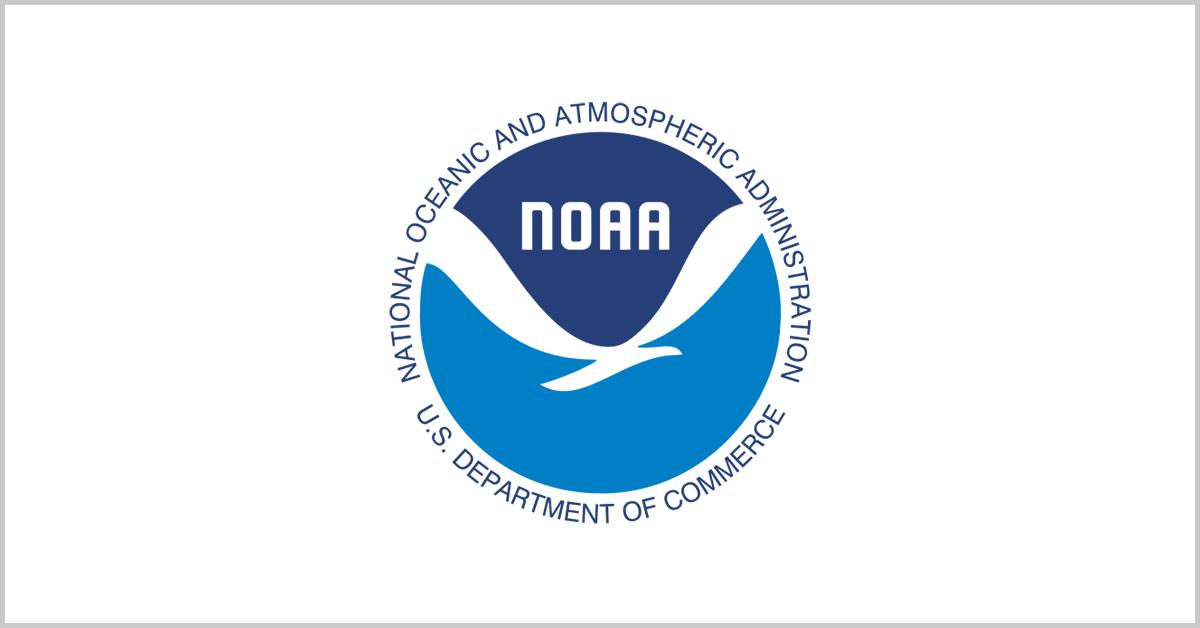


The National Oceanic and Atmospheric Administration (NOAA) announced on November 14 that it has withdrawn its proposal to expand the Seafood import Monitoring Program (SIMP) and will no longer expand its Seafood import Monitoring Program (SIMP).
The program, which previously covered 13 major seafood species, aims to combat illegal, unreported and unregulated fishing (IUU) and human rights abuses in the seafood supply chain. The decision was made after receiving extensive feedback from the public.
Gavin Gibbons, a spokesman for the National Fisheries Institute (NFI), welcomed the move, arguing that expanding surveillance would exacerbate existing flaws in the program. Last June, President Joe Biden directed NOAA to study the possibility of expanding the SIMP to include more seafood varieties.
However, NOAA's latest decision indicates that this goal will not be pursued at this time.
The SIMP, which has been in place since 2018, requires detailed reporting and record-keeping of imports of certain seafood products with the goal of preventing illegal, unreported, and unregulated seafood products from entering the U.S. market.
In addition, investigations this year into the use of forced labor in seafood supply chains in China and North Korea have drawn widespread attention, and US lawmakers are considering legislation to prevent products that violate human rights from reaching the US retail market.
NOAA's decision has sparked widespread debate in the field of Marine conservation and sustainable fishing. While expanding the scope of surveillance could theoretically enhance oversight of imported seafood, it could also create more enforcement difficulties and procedural flaws.
While some critics have argued that expanding SIMP is necessary, NOAA's decision suggests that the agency may explore other ways to address IUU fishing and human rights abuses. This could include improving the effectiveness of existing measures and working with the international community to work together to address these issues.
While the expansion of the SIMP is on hold, the discussion of illegal and unethical fishing will remain an important topic for ocean management and international trade.
Need help or have a question?
Send mail